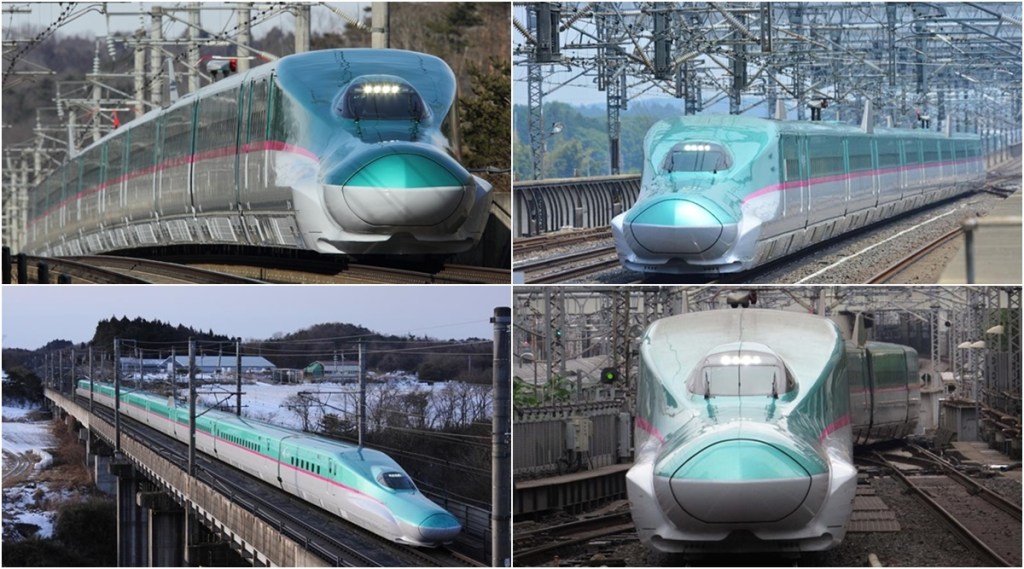Deeping of bilateral relations, Russia-Ukraine crisis, Indo-Pacific, bullet train project and much more is on the agenda of the summit level talks between the leaders of India and Japan later this week.
On March 19 the Japanese Prime Minister Fumio Kishida is expected to visit New Delhi for the annual summit before leaving for Cambodia the next day. The visit comes at a time when the two countries will celebrate the 70th year of establishment of diplomatic relations.
Agenda of the visit
During the short visit, talks between Prime Minister Narendra Modi and the visiting leader will focus on strengthening bilateral relations, various projects in the Northeast, Mumbai-Ahmedabad bullet train project, the QUAD, as well global issues including the Russia and Ukraine crisis.
When the leaders meet in New Delhi over the weekend they will also review efforts made by India under its ‘Act East Policy’ and Japan’s ‘Free and Open Indo-Pacific Vision’ for achieving their shared objective of prosperity and peace.
From New Delhi, the Japanese Prime Minister Fumio Kishida will leave for Cambodia.
The annual summit between the two countries has not taken place since 2019. In that year Japanese Prime Minister Shinzo Abe had to cancel his visit to Guwahati due to the anti-CAA protests and later the summit was postponed due to the global pandemic of COVID-19.
Though the annual summit is taking place after a gap of three years, in 2021 September, former PM Abe’s successor, Yoshihide Suga, held an in-person summit on the side-lines of the Quad meeting in Washington.
Japan is also hosting the QUAD summit in summer this year
In May or June, Tokyo will be the venue of the QUAD Leaders summit, where the US President Joe Biden, Prime Minister Narendra Modi, and Australian PM Scott Morrison are expected to attend in person.
Recently the leaders of the QUAD had met virtually where the Russia-Ukraine crisis was topping the agenda of talks among other issues.
While India has been urging both sides to have a dialogue to resolve the ongoing crisis, the Japanese Prime Minister Kishida has said that Russian aggression against Ukraine is unacceptable in the Indo-Pacific Region.
Japan is among the countries which have announced sanctions against Russia on February 25. India has abstained eight times from voting at the United Nations (UN). This includes the UNGA, UNSC, Human Rights Council and International Atomic Energy Agency (IAEA). Japan has been in talks with the US, and the European about cutting down oil imports from Russia.
Bullet Train Project
In New Delhi on Saturday the two leaders will also review the progress on the USD 17 billion Mumbai-Ahmedabad High Speed Rail project (MAHSR) — high speed “Shinkansen” bullet train. This project, funded mostly by loans from Japan’s International Cooperation Agency (JICA), was inaugurated in 2017 by former Japanese Prime Minister Shinzo Abe and Prime Minister Modi. Due to several issues including delay in land acquisition the project which was expected to be completed by this year is now expected to be completed by 2026.
India-Japan Defence Cooperation
To deal with the growing belligerence of China in the Indian Ocean Region as well as the Indo-Pacific region, the two countries have been working towards strengthening military ties and cooperation towards peace in the Indo-Pacific Region.
The annual summit between the two countries has been put on hold several times since 2019. However in 2019 the two countries held the first ever 2+2 Ministerial Dialogue in New Delhi and the focus of the talks which took place in November was strengthening maritime security, free and open Indo-Pacific Region. The 2+2 Ministerial Dialogue is one of the major steps towards further establishing closer ties between the two countries.
As has been reported by Financial Express Online earlier, the Acquisition and Cross-Servicing Agreement (ACSA) was signed by the two sides in September 2020. Under this agreement both sides will get access to each other’s provision of supplies and services during the bilateral training and exercises; UN Peacekeeping Operations; and other Humanitarian activities.
With this agreement in place, under the Special Strategic & Global Partnership more engagements in defence at bilateral level are expected; and interoperability between the Armed Forces of India and Japan will be enhanced.

